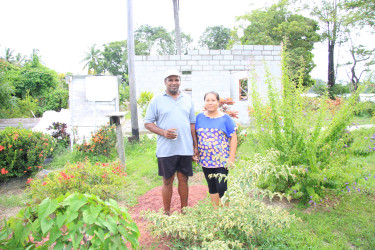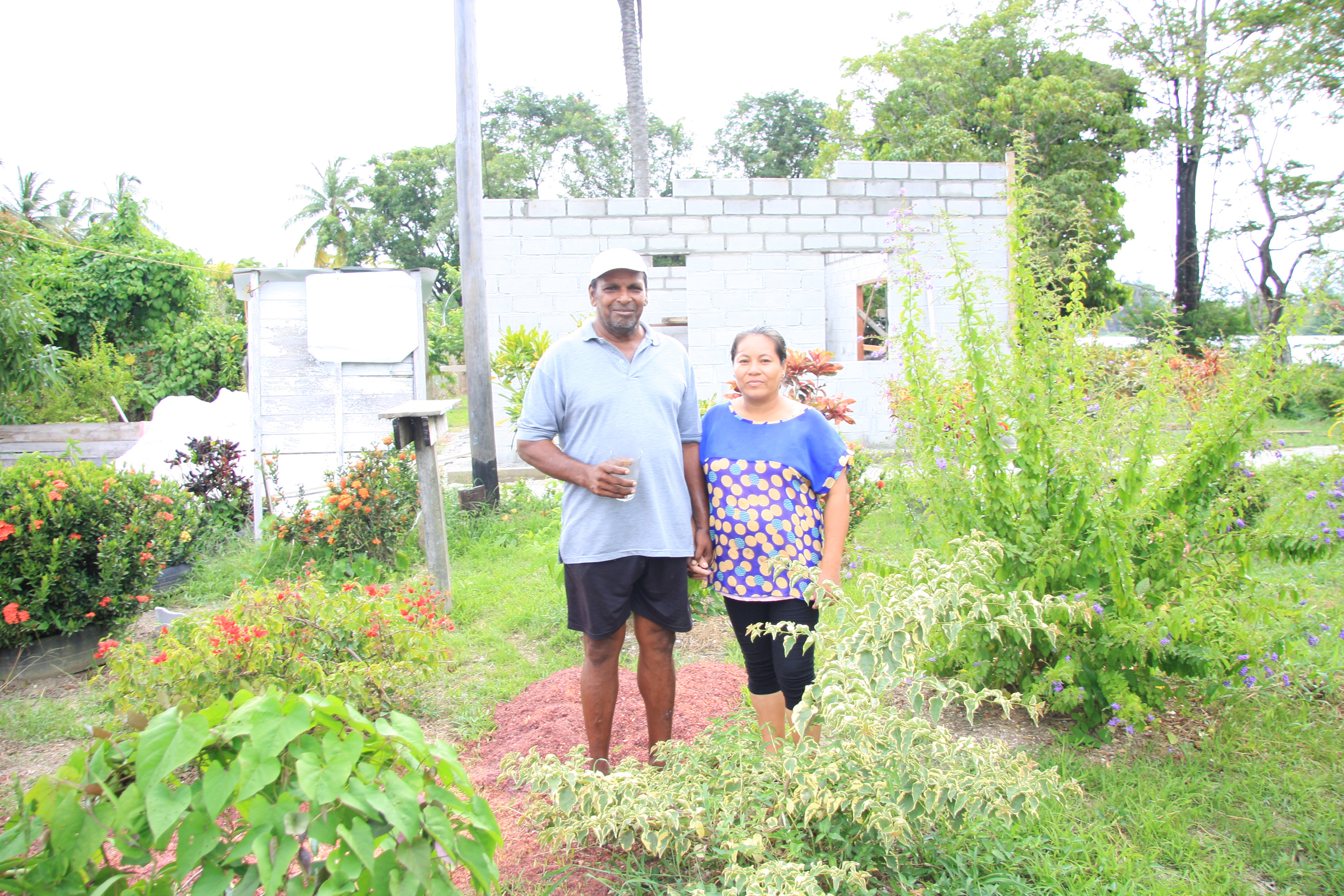At 60, Sam Barakat has ‘been around the block’ as far as business is concerned. Over time he moved from being a contractor to farming then to gold mining in the Cuyuni. Today, he has returned to farming at Nashville in the Pomeroon River and – at least so he says – that is where he intends to stay.

The mining sector, Barakat said, bankrupted him. He was one of those miners who persisted to the end. Having returned to farming, he appears more comfortable. Not too many farmers-turned-miners from Region Two appear ready – at least as yet – to return to the land.
He had bought his farm about eight years ago and while he was mining gold at Cuyuni, he had been investing in its upgrading. Flooding ravages many farms in the Pomeroon River and Barakat invested in raising the level of his farmland and digging drainage trenches.
Unworried by the plague of flooding, Barakat is focusing his attention on cultivating a variety of fruit on his 50-acre plot. Avocado is grown on at least thirty acres – an investment that is due in large measure to the professed health benefits and the high demand for the fruit on the Essequibo Coast. The remaining area of land is used to cultivate citrus, peach, bananas, coffee, bitter cassava, and plantain.
Avacado is the mainstay of Barakat’s farming pursuit. Most days, himself and his wife Denise, reap the fruit using a stick and bags. Avocado cannot be allowed to fall on the ground. His main market is on the Essequibo Coast through there is a modest market in Georgetown. On Mondays, Denise takes avocado and other fruit to Charity Market. Access to Charity Market from the Barakat’s farm is facilitated by about a mile of dirt road built by Sam which connects his farm to Charity. The more costly option is

